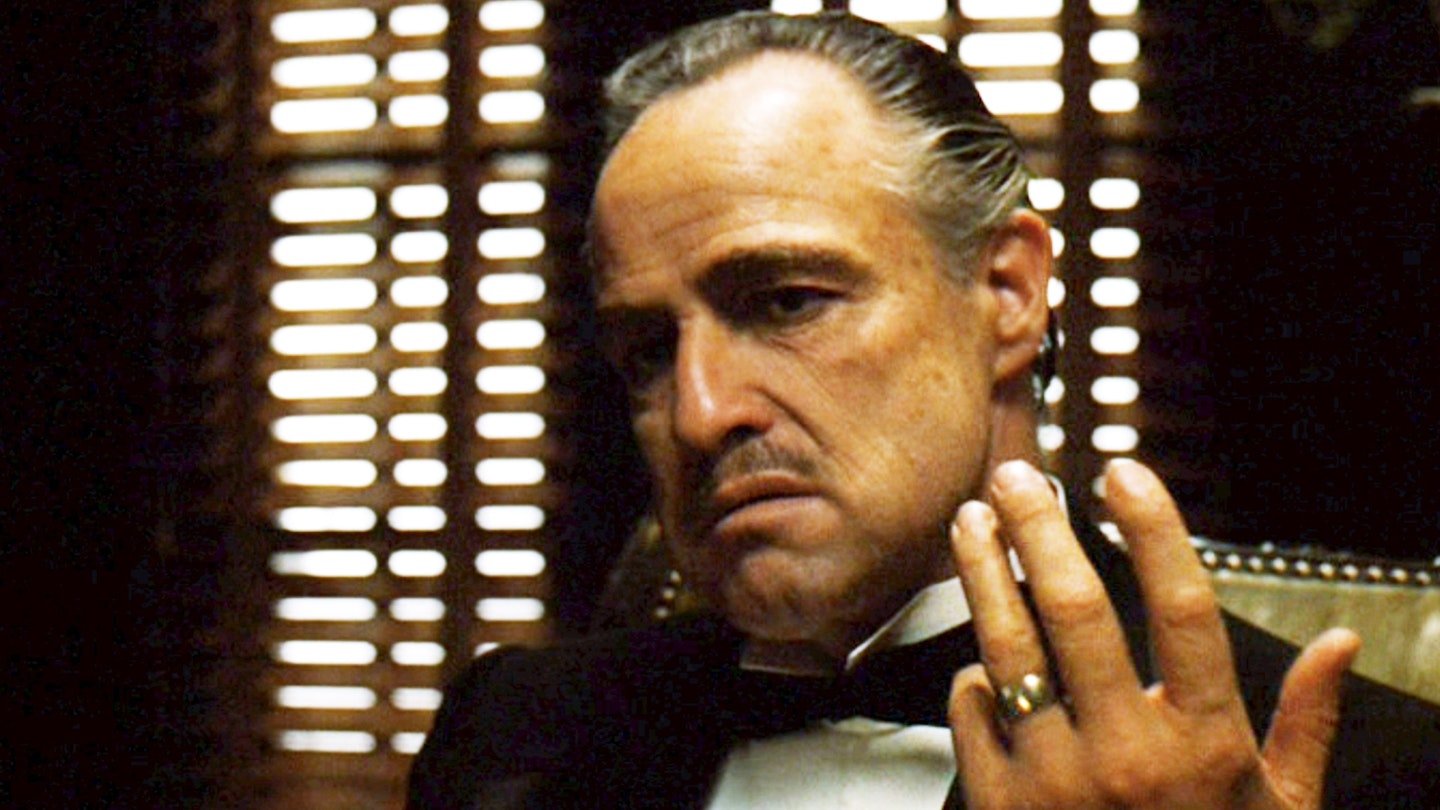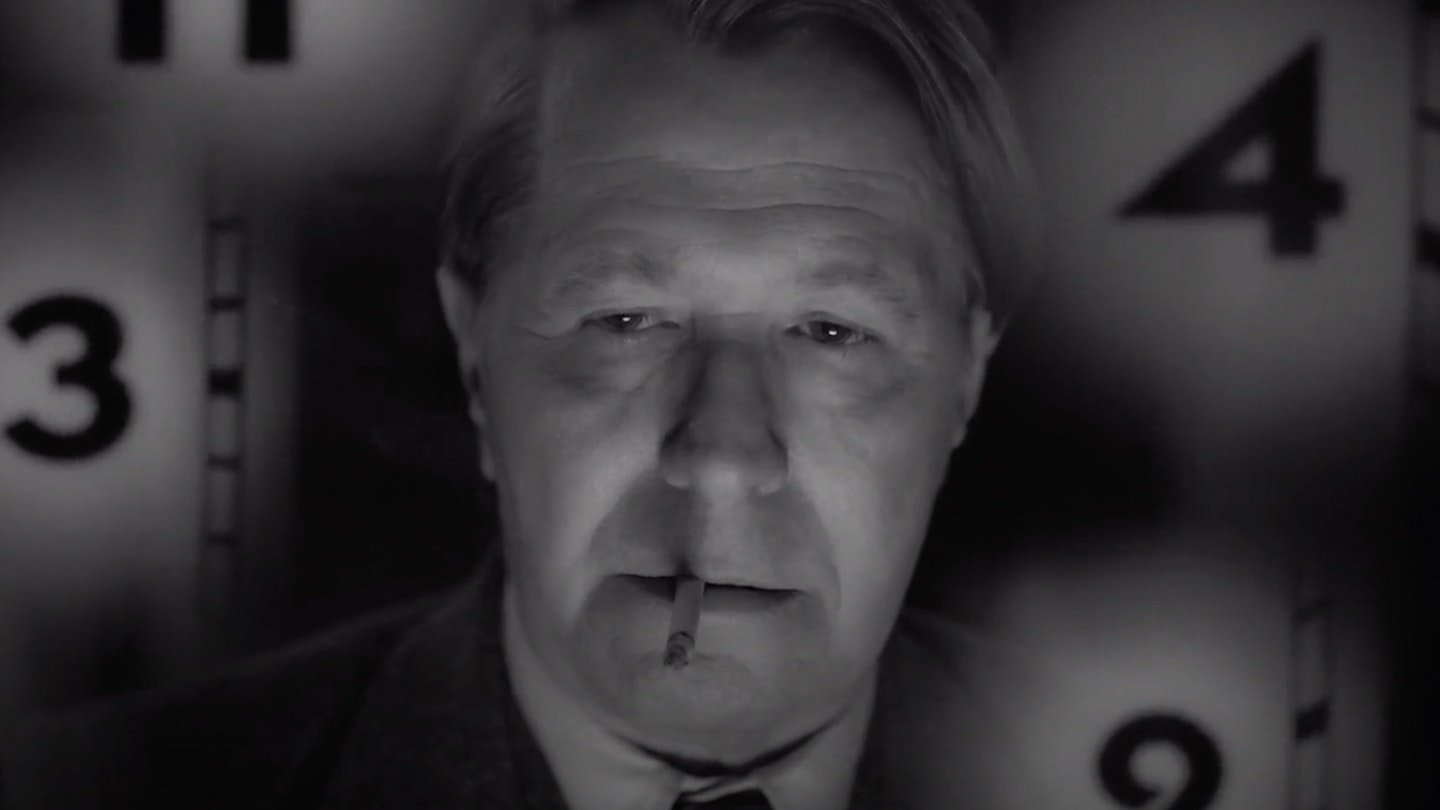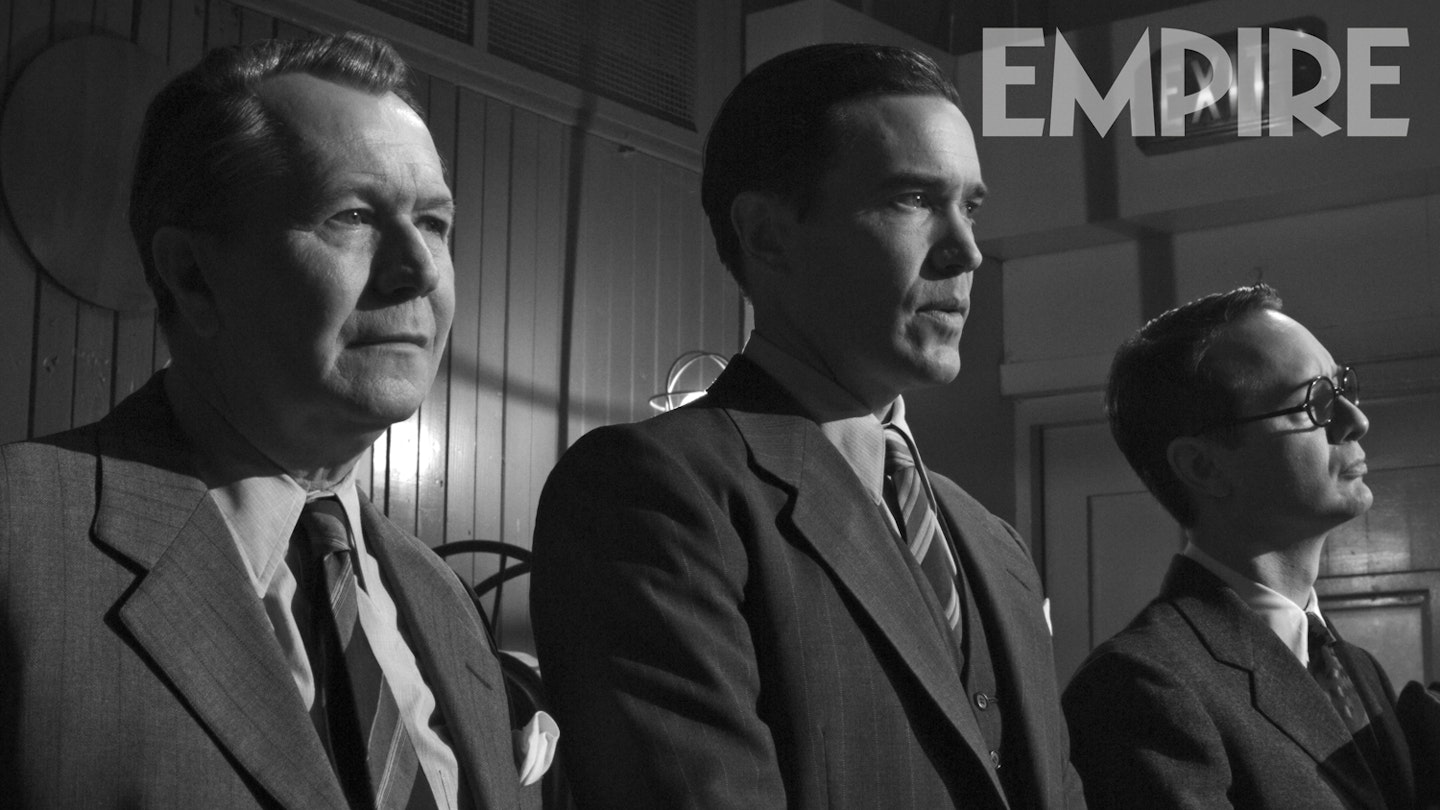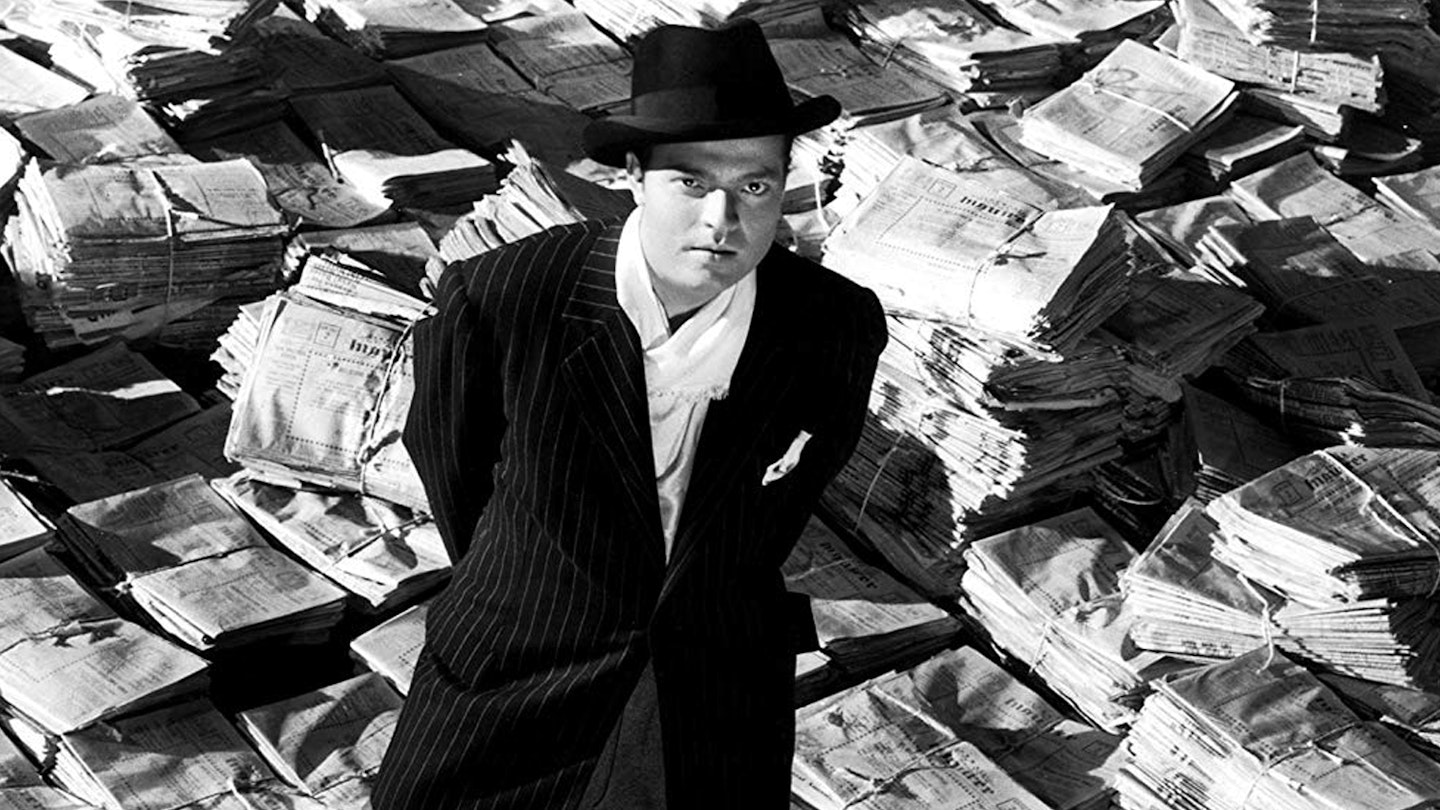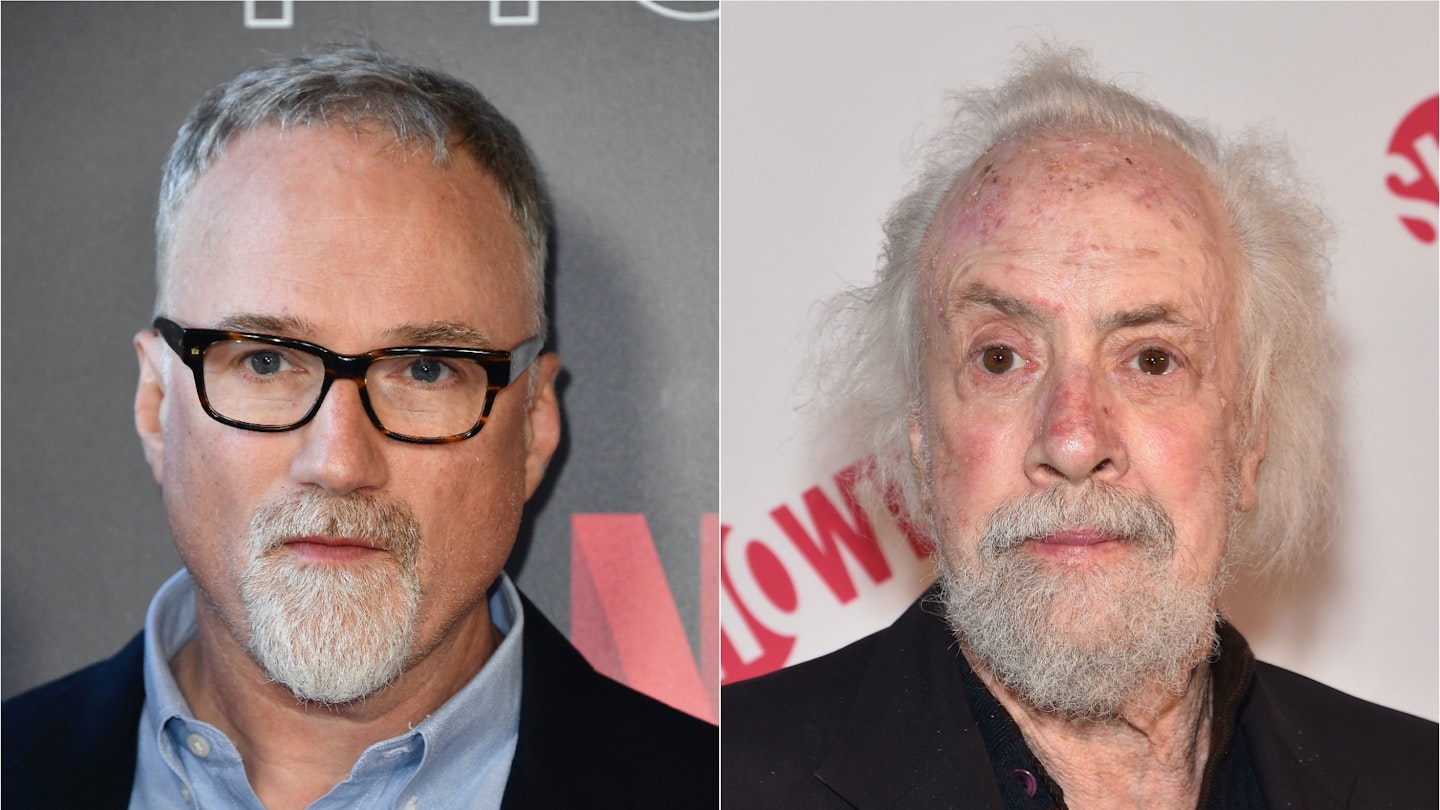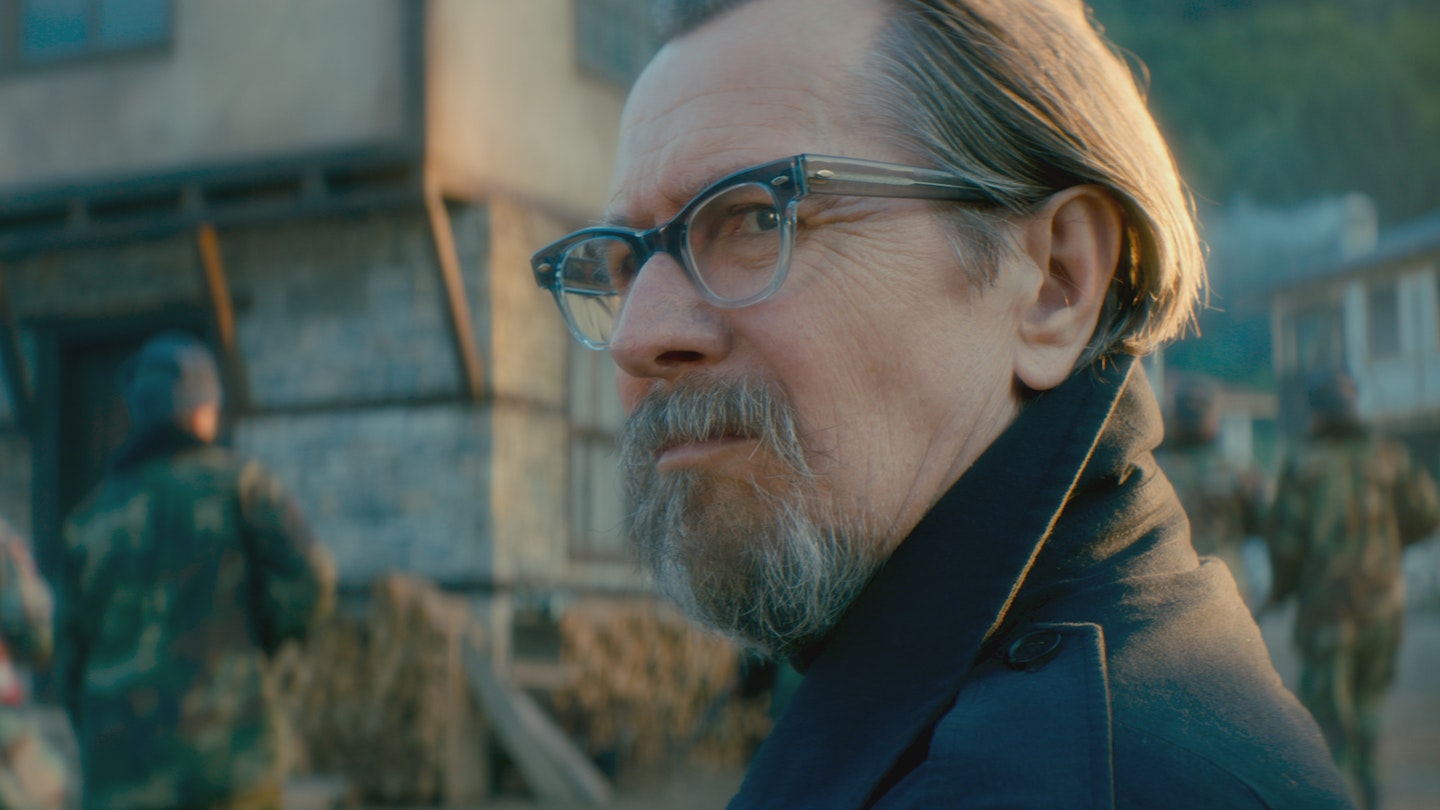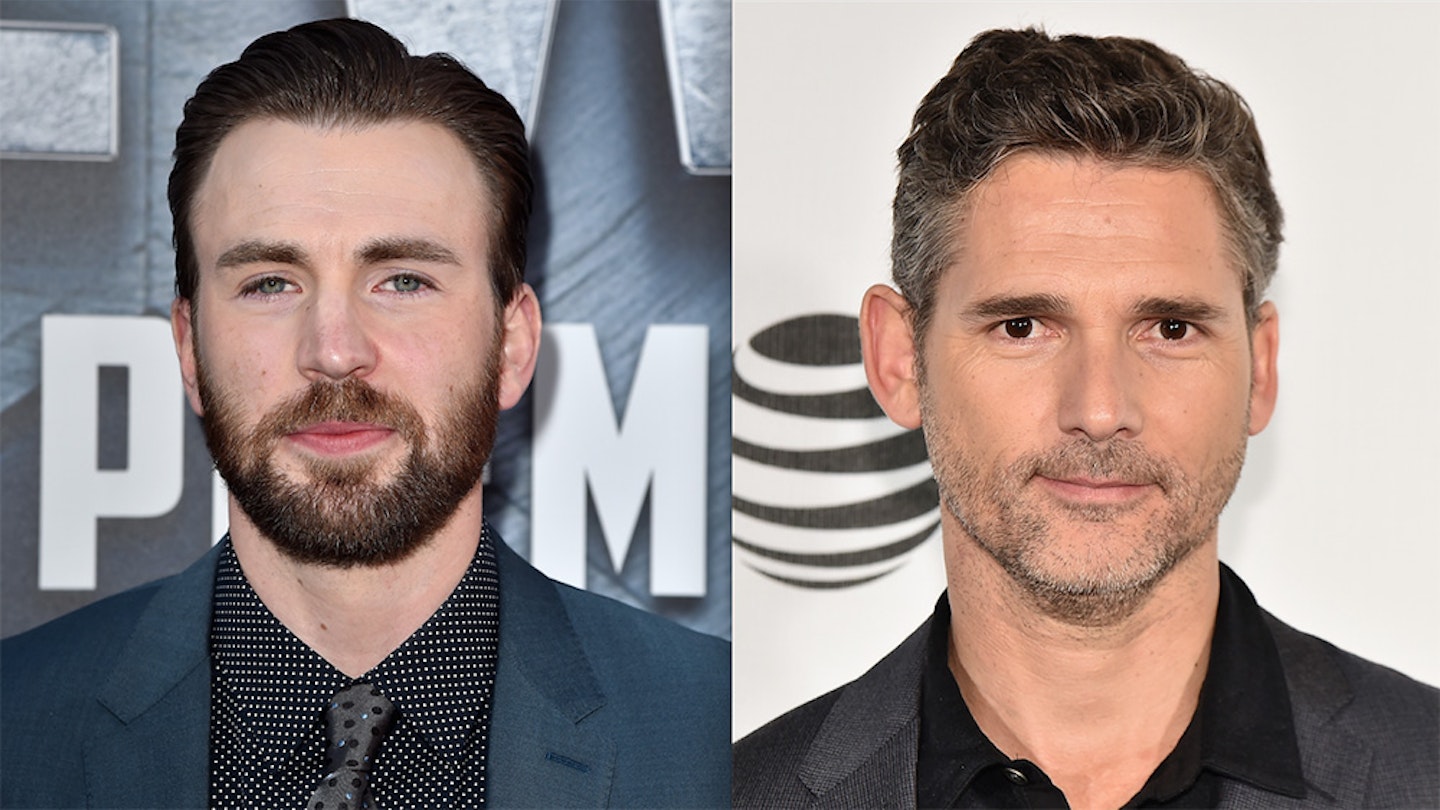Even people who have never seen Citizen Kane know it's the greatest film of all time. Orson Welles' debut has become an undisputed cultural benchmark — the celluloid equivalent of War And Peace, the Mona Lisa, Hamlet, Moonlight Sonata, or Sergeant Pepper's Lonely Hearts Club Band (the Beatles album, not the Bee Gees movie). But how did it achieve and maintain this exalted position as a cinematic sacred cow?
From the start, the critics were on Orson's side. The Hearst press refused to carry ads or reviews for the film, thus fatally damaging its box office potential (Kane losing something in the region of $150,000), but elsewhere the notices seemed to recognise an instant classic. “The most surprising and cinematically exciting motion picture seen in many a month... it comes close to being the most sensational film ever made in Hollywood,” gushed The New York Times. “Belongs at once among the great screen achievements,” opined the New York World-Telegram. Other journalists placed Welles in the revered company of legendary figures Charles Chaplin and D. W Griffith, saying, “This one film establishes him as the most exciting director now working.”
However, such hoopla, coupled with a relative lack of Oscars, made little difference to Welles in the years immediately following Citizen Kane. Attendant ticket sales and industry cachet would have justified the free hand Welles was given to make his debut, and placed him in a far stronger bargaining position in subsequent battles with the studios. But with neither box office dollars nor gold-plated statuettes for protection, Welles was vulnerable: follow-up picture The Magnificent Ambersons was taken away from the director and given an upbeat ending, and his bold ideas for future projects were treated with a mixture of suspicion and contempt.
But as the next generation of filmmakers ascended to positions of influence, they tipped their collective hat to Welles at every opportunity, with Alan Yentob, for example, commissioning a feature-length Arena documentary on the great man for BBC TV (which is, incidentally, the best programme of its kind ever made). A critical canon was established with Kane firmly placed in the top spot. The film was named the best ever made in Sight & Sounds 1962 poll, a position it has held with stubbornness ever since.
Perhaps this is because although it was made in 1941, it still feels remarkably modern. Indeed, that it centres on the power of media moguldom generations before Murdoch; takes on numerous genre meldings (detective story, biopic, backstage musical, film noir and a stunning newsreel parody) and rejects linear storytelling (yet still remains both clear and gripping) make it more 90s than 40s. Yet, what separates it from modern multiplex fodder is its old school magic - showmanship, intelligence and risk-taking crafted into perfectly realised, stunning cinema.
Devoid of the pretension that usually permeates critics' choices, Kane unravels with intelligence, biting wit and a real sense of playful ambiguity. The big themes - the perversion of idealism, the corrupting nature of success, the impenetrability of human beings - are carried off with the lightest touch as Kane descends from vibrant newspaper man to manipulative Svengali to bloated, distant husband. While all the cast turn in great work - Cotten is breathtaking as Kane's cohort Leland - it is Welles' own performance (often overlooked in lieu of his other talents), that really grounds the directorial razzle-dazzle with substance.
To re-visit Citizen Kane is to experience the infinite possibilities of movies being realised right before your very eyes. The sheer audacity and delight Welles takes in flouting conventions and inventing new ones is what keeps it fresh. It is that unique movie, chocker with great bits - the breakfast table marriage montage, Leland's "girl on a ferry" reminiscence, that camera ascent to the theatre rafters - that solidifies into a totally satisfying whole.
Considering all its appended academic apparatus (be sure to work "deep focus cinematography"; "revolutionary use of ceilings" and "he was only 25!" into the pub conversation) it remains a gloriously entertaining classic.
